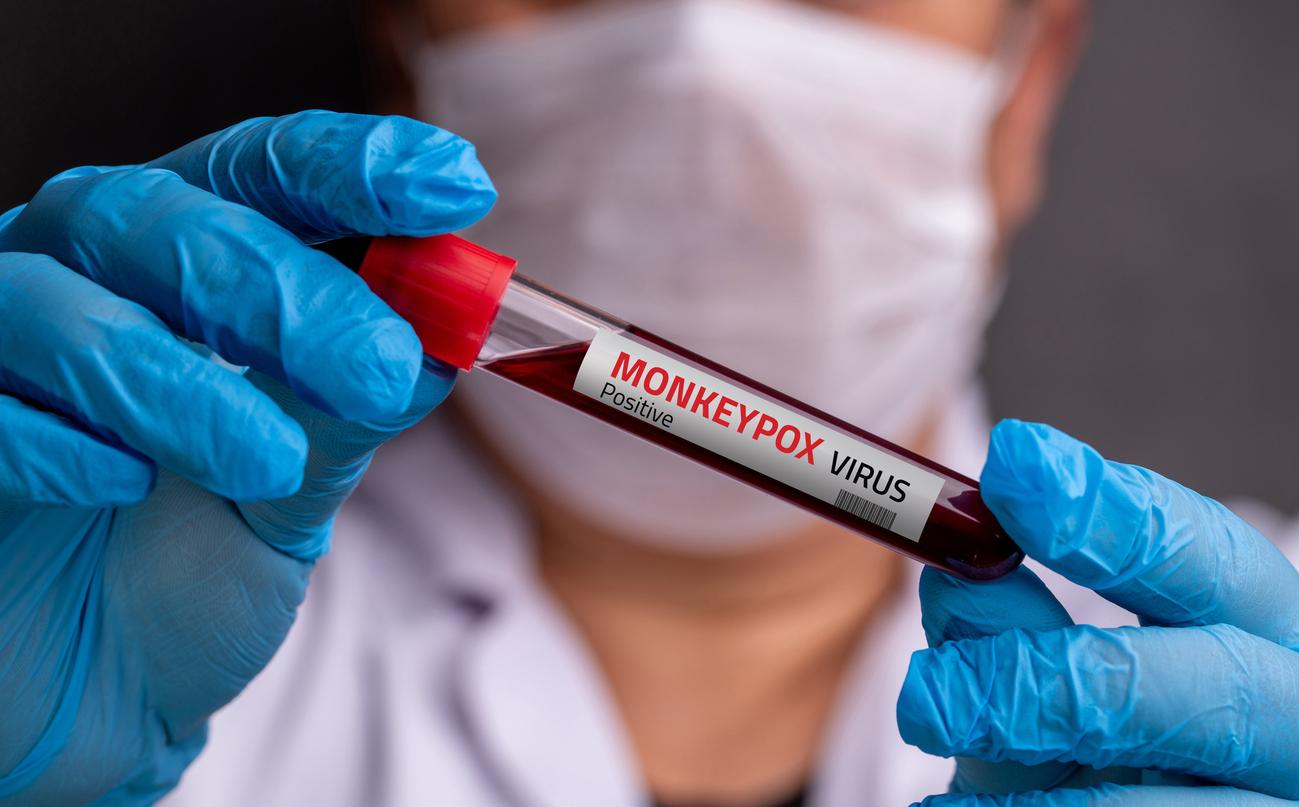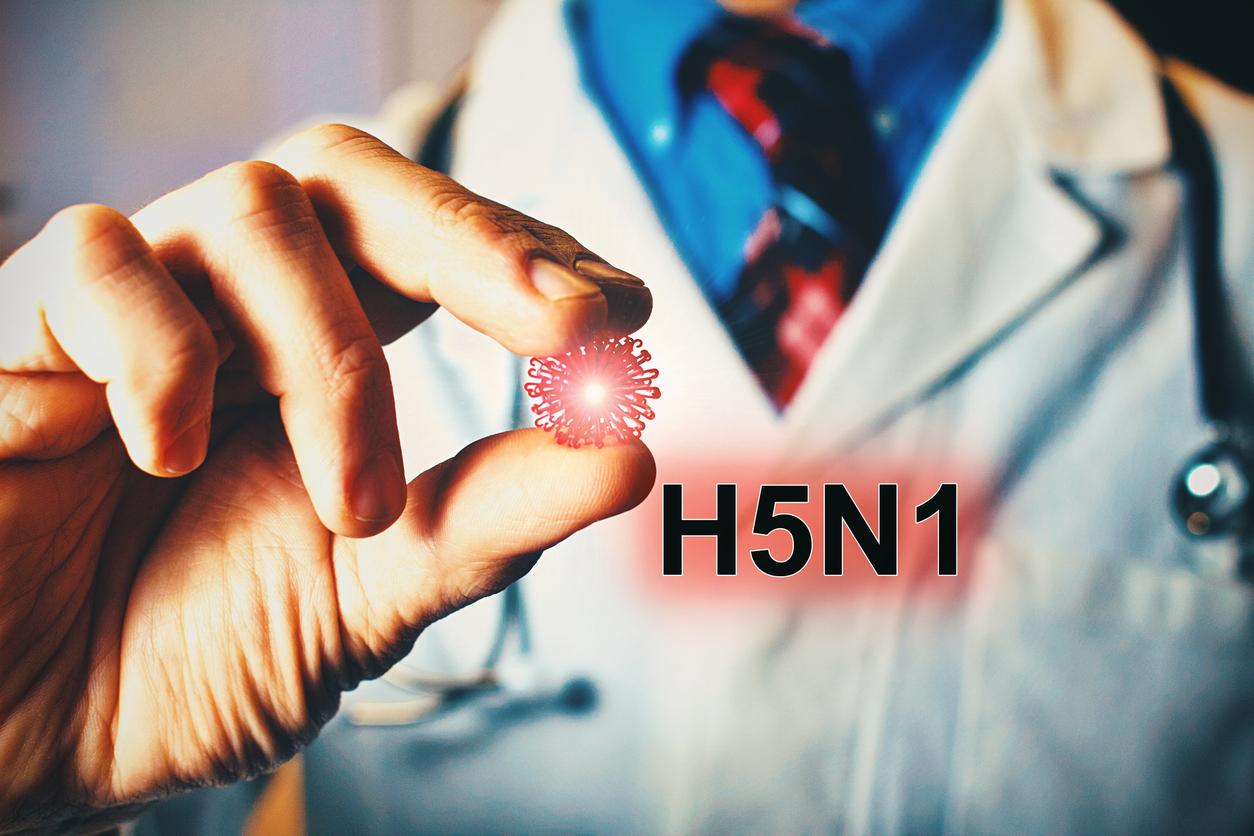Normally used to treat gastrointestinal infections, nitazoxanide would allow the immune system to act against the Ebola virus.

The Ebola virus continues to rage. Over the past year, more than 2,700 cases have been reported in the Democratic Republic of Congo. For the time being, no treatment can specifically fight against the virus. American researchers have discovered that a drug, already used to treat a parasitic infection, makes it possible to fight against the disease. Their work has been published in the journal iScience.
Strengthen the immune response
Nitazoxanide is used to treat intestinal infections caused by parasites, such as giardiasis or cryptosporidiosis. In their study, conducted on human cells, the researchers found that the drug is able to inhibit the Ebola virus. The latter blocks the action of immune cells. “Ebola masks RIG-I and PKR, so that the cells do not detect the presence of the virus in the body, explains Anne Goldfeld, director of the study. This allows it to establish itself in the cells and fight against the immune response. What we’ve been able to do is enhance the detection of the virus with nitazoxanide.” These first positive results give hope to researchers to develop a curative or preventive treatment to fight against the disease. Trials should soon be carried out on animals.
More than 11,000 deaths between 2014 and 2016
The Ebola virus was first identified in 1976. The first symptoms of the disease can appear between 2 and 21 days after contamination: intense fatigue, muscle pain, vomiting, diarrhea or skin rashes. The survival rate is 50% on average. The drugs used by doctors only help to fight the symptoms.
Between 2014 and 2016, a severe epidemic hit West Africa killing more than 11,000 people. In the Democratic Republic of the Congo, around 1,800 people have died in one year.
.














